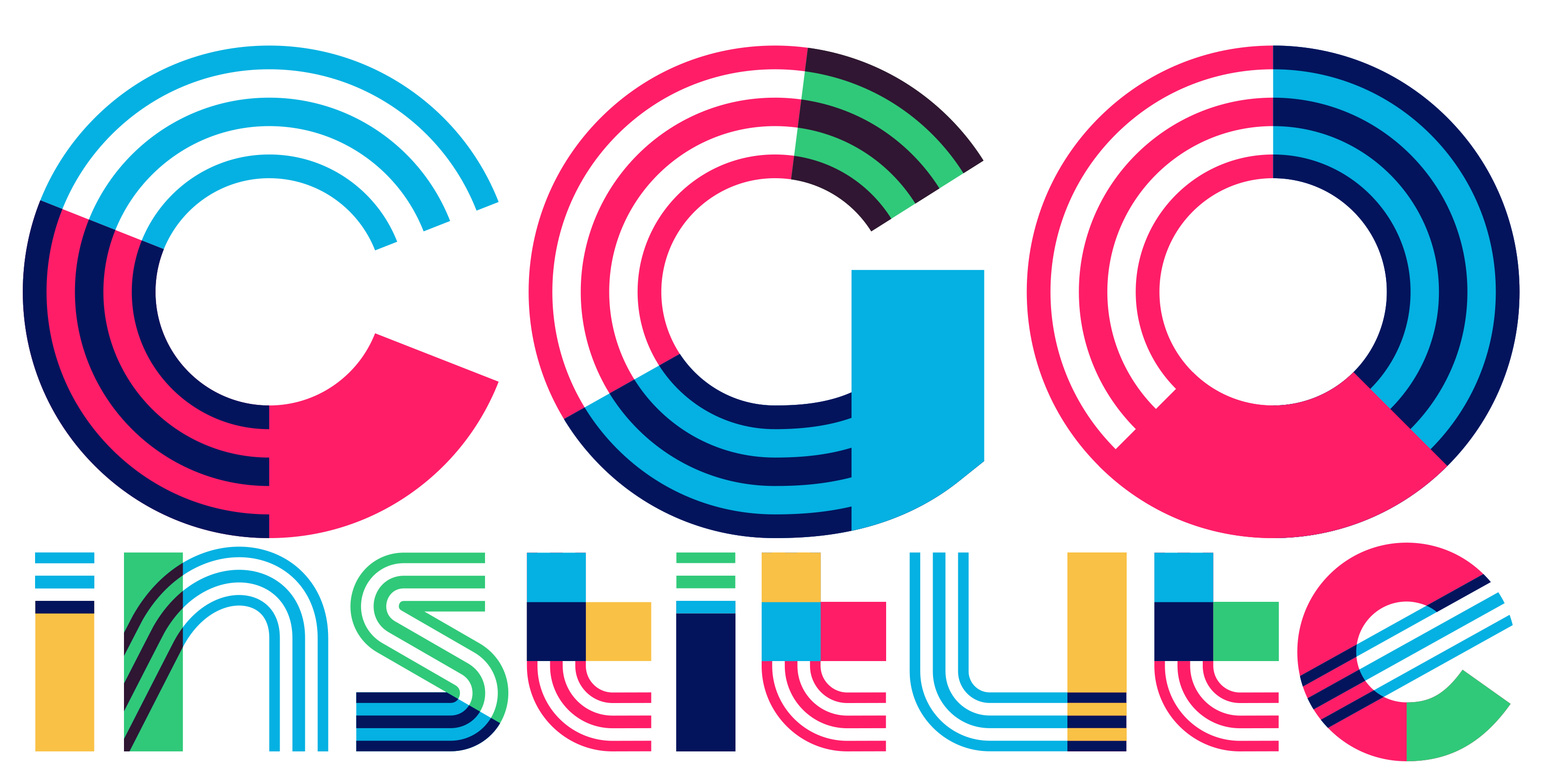
This is the fourth in a series looking at each member of the Faculty. I have known Will Scarnell since our days working at the Pleasance Theatres and with its founder Christopher Richardson. We are working together with Soha Kahn on some design and production training programmes for Saudi Arabia, and he is a welcome guest at producers’ Pool exploring the role of the Production Manager in the creative process.
What inspires you to be a creative producer (and/or keeps you going) ?
The process of collaboration, the road map of the script becoming a clear landscape as the process moves forward – finding creative solutions to the seemingly insoluble. Above all the teamwork that contributes to turning a sometimes ethereal vision into a living breathing production. The moments of opportunity along the way when an elegant and practical solution adds to the whole rather than feeling like a compromise.
Is there a style of art/theatre you particularly want to create/produce ?
I’ve always believed that the best of theatre combines script and language with a physical and visual style to create something more. Whether it is new writing, a classical text or devised work the creation of a believable world depends on the synthesis of all its elements.
Are you someone who works on one or multiple projects – tell us a little about your style of work ?
I prefer to focus on one project in production at a time – the energy that is needed to ensure that the vision of all the creatives is served and remains unified needs an unblinking eye!
Working on the early stages of the next project during the rehearsal and production period can be energising (and is often necessary). This conceptual and planning work can sometimes offer a breath of fresh air when in the midst of a production period.
I often find myself wholly immersed in a project and some of my best work has come from the ‘background thinking’ that goes on when you live closely with a project. Inspiration often comes from resonances with things that are totally unconnected to the work. Because the work is always glowing faintly in the background an unrelated spark can set things ablaze!
Who inspired you and/or who would you love to collaborate with/produce ?
I seem to have a predilection for ‘off the wall’ work – from physical theatre (Frantic Assembly) to circus and new writing that challenges the traditional boundaries. I love theatre/film/tv that plays with the conventions and resonances of the media – the Cohen Brothers are fantastic at this but it is increasingly present in plays like The Inheritance (in Stephen Daldry’s production). Ivo Van Hove is also a major influence.
As an international practitioner, what might we need to remember/know ?
I find international work fascinating because of the different styles and methods of working – even in a domestic setting practitioners need to find a common language to collaborate successfully but the fact that this is a point of focus in international work often means is it easier to achieve.
Within the Diploma programme/idea what are you most looking forward to helping/experiencing ?
Nurturing a clear understanding of the role that scenography plays in a quality production – creating spaces/atmospheres in which magical things can happen Navigating the creative relationships and facilitating those relationships that are at the heart of great work.
How do you ensure your own personal wellness (especially at this time in the world) ?
Engage with music and the creative arts – in good times or bad this is where I find my stimuli and solace.
Any superstitions or special phrases you hold close to you, or inspirational books ?
“The devil is in the detail” and “Theatre is the temple of Dionysus, the audience should be left changed by what they experience” (paraphrasing Joe Orton)… and on an inspirational books – I have always enjoyed reading biographies of practitioners, their stories of triumphs and disasters often spur me on. I recommend the writing of Derek Jarman ‘At Your Own Risk” or “Smiling in Slow Motion” (film & life, rather than theatre but…)
Any lessons learnt or experiences to look back at which are amusing/lifechanging ?
Collaboration doesn’t happen by itself – it needs to be nurtured, encouraged and given space to flourish. I’ve always been struck by the ‘greenhouse effect’ of separating the creatives and the company from their daily lives – whether it’s the first week of a tour or a residential workshop; something magical can happen in the right circumstances that turn a disparate group of people into a ‘unit’ – I’ve seen this with companies going up to Edinburgh for the Festival (often) and on location shoots. The focus is suddenly on the work and the team.
